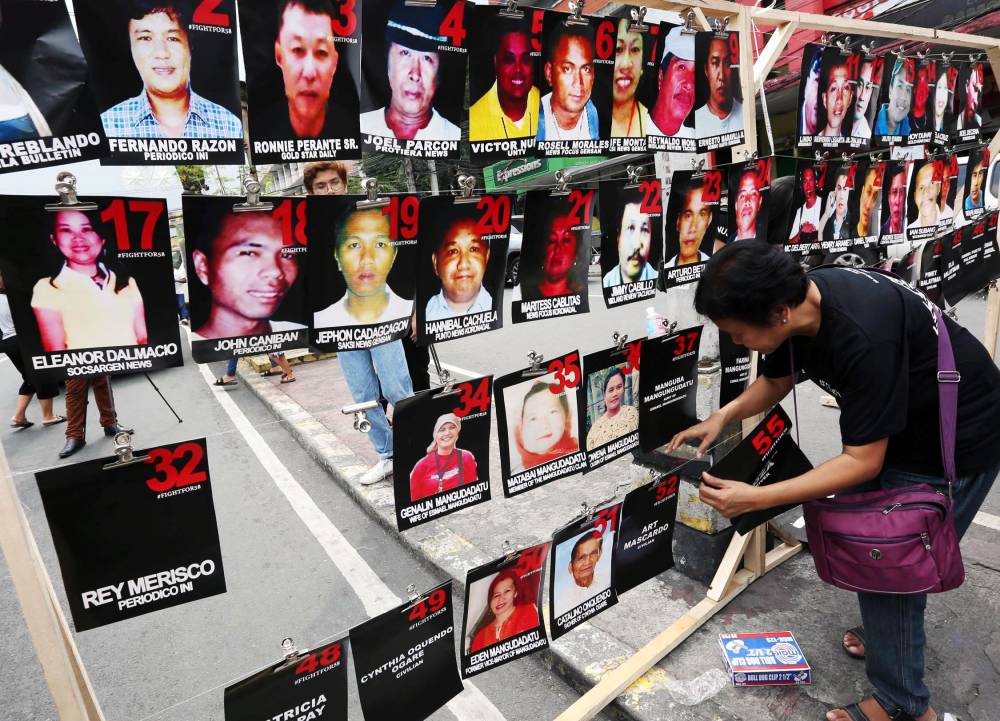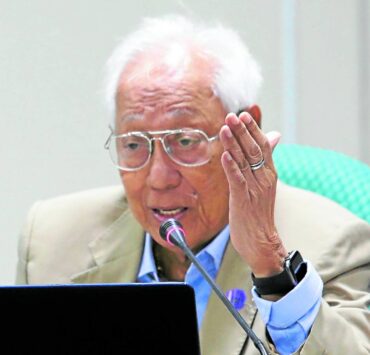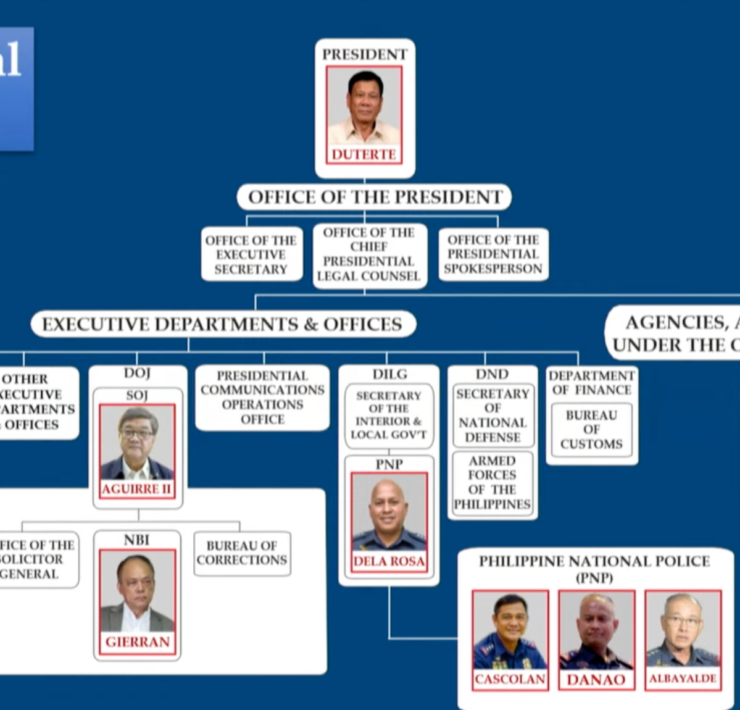SC affirms acquittal of Ampatuan kin in 2009 massacre

The Supreme Court (SC) has upheld the acquittal of Datu Akmad “Tato” Ampatuan, the son-in-law of Ampatuan patriarch Datu Andal Ampatuan Sr., of murder charges in connection with the 2009 Maguindanao massacre that left 58 people dead, 32 of them media workers.
In a decision promulgated on Jan. 27 but made public only on Monday, the high tribunal’s First Division held that Datu Akmad’s statements—“debauched and depraved as they may be”—were mere expressions of acquiescence to the plot and could not prove he conspired to commit murder.
“Unless such approval be so indispensable that without it, the plan would not be set in motion or carried out, it is not enough to convict. Datu Akmad’s approval could hardly be said to be indispensable,” the high court said in the ruling on G.R. No. 258710, penned by Associate Justice Ricardo Rosario.
The case stemmed from a petition from the State challenging the Court of Appeals (CA) decision and resolution in 2021 that affirmed a Quezon City Regional Trial Court (RTC) ruling in 2019, acquitting Datu Akmad of murder.
The sons of Ampatuan Sr.—Datu Andal Jr., Datu Anwar Sajid and Datu Zaldy—were among those convicted on 58 counts of murder. Their father, who was tagged as the alleged mastermind, died in 2015 before the RTC decision was released.
The victims were part of a convoy that was covering the filing of the certificate of candidacy of then Maguindanao gubernatorial aspirant, Buluan Vice Mayor Esmael “Toto” Mangudadutu, the political rival of Datu Andal Jr., when they were all killed on Nov. 23, 2009.
No overt act
In a 761-page consolidated partial decision, the RTC said that while Datu Akmad was among those who had knowledge of the murder plot, he did not perform any “overt act.”
The CA affirmed the trial court’s ruling, prompting the State to go to the Supreme Court.
In its petition, the State argued the RTC acted with grave abuse of discretion amounting to lack or excess of jurisdiction in “capriciously and whimsically disregarding prosecution evidence establishing [Datu Akmad’s] commission of overt acts in furtherance of the conspired plan to kill the victims.”
It also cited his position as officer in charge, vice governor of Maguindanao and nephew/son-in-law of Datu Andal Sr.; his participation in the meetings of the Ampatuan clan in which the murder plot, its preparation, and manner of execution were discussed. It added that he also expressed conformity with and even encouraged his family members to execute the plan.
The State further argued that Datu Akmad supported the plot by lending one of his men, Talembo Masukat, who participated in the massacre.
‘Accessory’
“Assuming he was not a conspirator, at the very least, he should have been convicted as an accessory. He had prior knowledge of the plan but did nothing to prevent its execution,” it said.
In denying the petition, the Supreme Court cited its 2023 decision on Datu Akmad “Tata” Ampatuan Sr. v. Hon. Secretary of Justice, G.R. No. 200106, which found that “[Datu Akmad] ‘s acquittal was not based on alleged non-participation in the planning meeting but on the absence of the prosecution to prove an overt act.”
According to the high court, Datu Zaldy committed an overt act by offering his guns to execute the plot in addition to his verbal support.
In contrast, it noted that Datu Akmad’s statements—”Pakinggan natin si Ama. Okay kami lahat na patayin sila (Let us listen to Father. We are all fine with killing them)” and “Mabuti nga sa mga Mangudadatu na mahilig mag-ambisyon na patayin sila lahat (It serves the Mangundadatu right if they are killed because they are ambitious)”—were merely expressions of approval or acquiescence to the plot and could not be considered as acts in furtherance of it.
“Mere knowledge, acquiescence, or approval of the act, without cooperation or agreement to cooperate, is not enough to constitute one a party to a conspiracy, but there must be intentional participation in the transaction with a view to the furtherance of the common design and purpose,” the high court said.





















